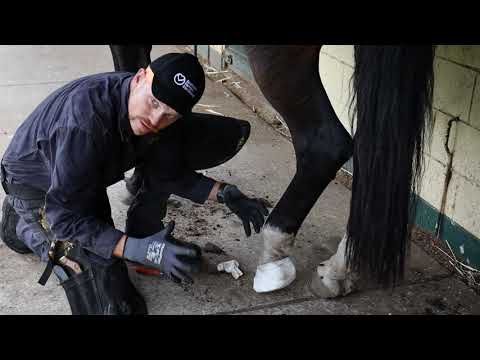
Periodically caused tooth abscess is usually caused by an improperly treated dental cavity, an accident or other type of injury. Most dentists can treat a tooth abscess in this manner, by draining the infected area and removing the bacteria. In some cases, however, the tooth may need to come out with a root canal intervention. This type of tooth removal involves the removal of the pulp and the tooth's nerve roots, and the tooth is left looking like a misshapen tooth or a broken tooth.
The most common cause of abscesses is gum disease. If you have gum disease, there is a greater chance that you will develop an abscess because your teeth are more vulnerable to infection. If you already have gum disease, you are even more likely to develop an abscess.
Your dentist can treat the abscess with antibiotics
Over time, however, the chances of developing resistant bacteria increase. Therefore, it is advisable to consult a dental hygienist in the event of an infection spread. He or she can give proper root canal therapy to remove the infected area.
If you have gum disease, you should visit your dentist regularly. You can take an X-ray, take your own oral history, and ask questions about gum disease. Your dentist can help determine the cause of the abscess. If the dentist suspects gum disease is the cause of the abscess, they may prescribe antibiotics. If the dentist is unaware that gum disease is the cause of the abscess, they may also prescribe an antibiotic.
As part of your regular dental check-up, your dentist will likely perform a physical examination of your gums and teeth, as well as a visual examination to ensure proper dental hygiene. If your dentist discovers any abnormalities, he or she may refer you to a cosmetic dentist for further examination. Cosmetic dental procedures include teeth whitening, whitening, veneers, bonding, bridges, and other beauty treatments.
Gum disease may also be treated by using an antiseptic mouthwash, which kills germs in the mouth. Antibiotics can kill bacteria and fungi that are involved in the growth of infections in the mouth and teeth. The most effective antiseptic mouthwash is chlorhexidine, used in combination with hydrogen peroxide.

In some cases, your dentist may elect to remove the abscess completely through surgical means. If your dentist performs a traditional open tooth extraction, then the abscess will be drained and the affected tooth is pulled out and the infected material sent to a laboratory for testing. If your dentist removes the infected material with anesthesia, then the infected cavity may heal on its own. The surgical procedure is relatively painless, and your abscess will eventually shrink and disappear on its own. The surgery may require stitches and healing time.
Oral surgeons perform other types of surgical procedures, as well. In the event that an abscess cannot be removed at home, a periodontist might be referred. Periodontists are experienced in treating tooth abscesses. They can perform invasive procedures, such as root planing, where the infected cavity is cut away.
A root canal therapy might be required if a tooth has become infected due to an abscess. In this procedure, a surgical procedure is performed to destroy the bacteria that live in the abscessed area. If the root canal procedure is successful, the patient can return to normal activity in a few weeks. Your dentist can perform this treatment in conjunction with oral surgery or at home.
Other times, the symptoms of gum disease are ignored, but are more serious than just a simple gum sore. Your dentist might refer you to a periodontist, who can perform a gum biopsy. This procedure involves examining the tissues and tissue in your gums to determine the exact cause of the abscess. and treating it accordingly.
A periodontist can help you avoid future abscesses and treat existing abscesses. Periodontists are experienced in treating gum disease by using various methods. Some of the best treatment options include antibiotics, which help to kill bacteria and fungi that cause infection. If the gum is infected, your dentist can recommend antibiotics to help reduce the level of plaque that accumulates in the area.
Your dentist is an important part of your care after a periodontal abscess heals, but the treatment of gum disease and abscesses is entirely dependent on the type of abscess and its cause. If you have multiple abscesses, it's best to see your dentist at least twice each year, as the presence of several different abscesses increases the chances of a recurrence of the problem.